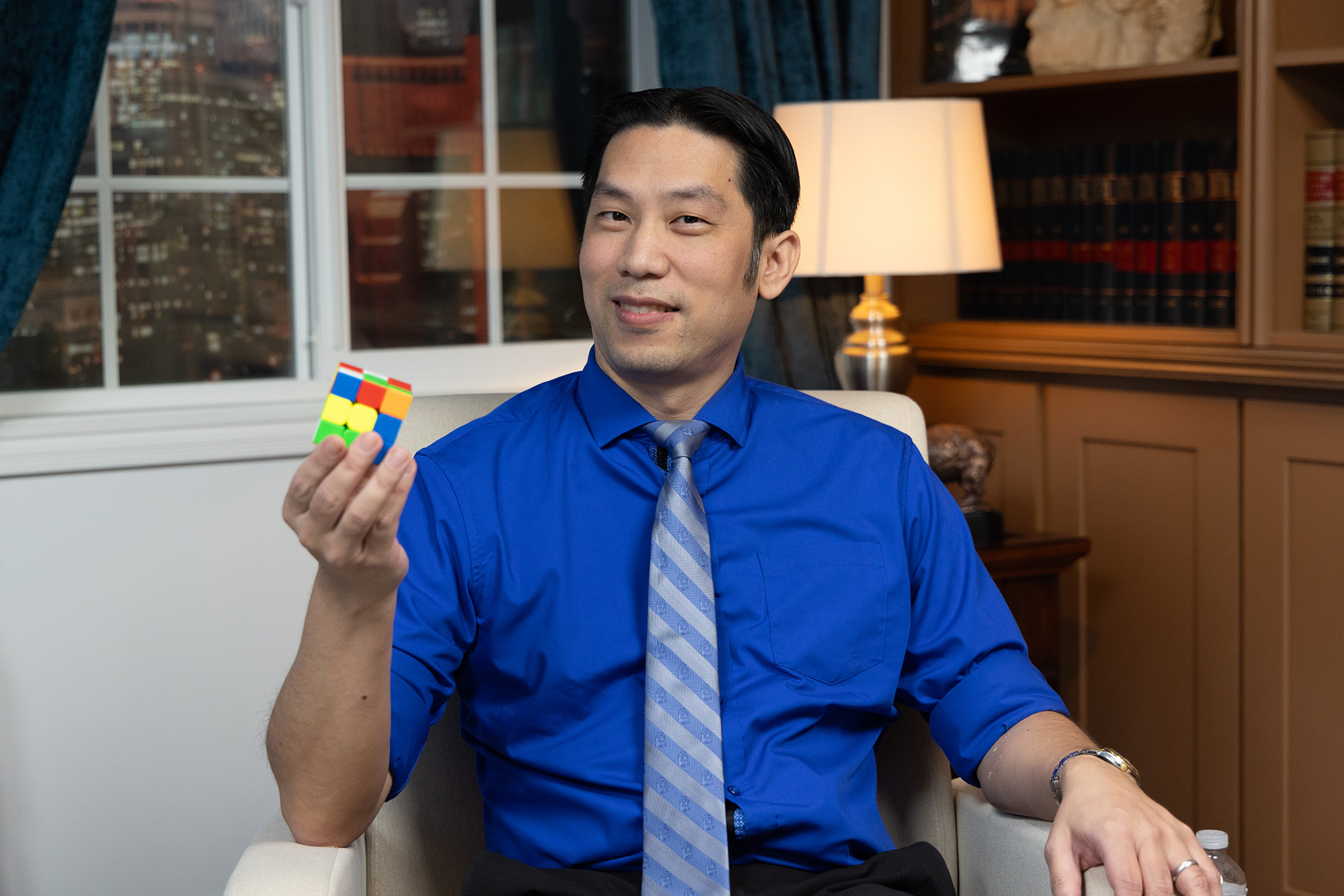Jonathan Chen is a medical doctor and Stanford professor who plays piano alongside the Stanford orchestra and is also a magician. He recently shared his journey of balancing science and art with EpochTV’s “Bay Area Innovators” program.
Chen was 13 when he started college through an early entrance program at California State University–Los Angeles and transferred to the University of California–Los Angeles. He graduated at 19. From there, he pursued several careers, which led him to care for his patients by combining artificial intelligence (AI) with a human approach.
He explained that there are misconceptions about AI in the healthcare industry, saying some people think that computers are used to predict the exact day they will die.
“That’s not what [the computer] does. It says there’s a 30 percent chance you'll die in five years. That can be helpful ... as you plan out a lot of complex medical decision-making. But people are really misinterpreting these subtle wordings,” he said.
While Chen said computers have helped doctors assess complex data and model risk factors for patients, he acknowledged that AI has important limitations and can sometimes bring harmful or disruptive changes. And that is when a mind-body connection can alleviate stress or anxiety that might negatively impact an individual’s quality of life, he said.
What enriches his own personal and professional life, Chen said, is his passion for music.
One day, as he listened to Beethoven’s Moonlight Sonata 3rd Movement, he thought he could never learn something as difficult as that.
“I felt like ... I’m not allowed to learn this. This is way too difficult. I’m not even allowed to attempt to learn this,“ he recalled. ”But then I thought, who’s gonna stop me?”
He searched online for tutorials and the music sheet and learned two seconds of the sonata every day. After three months, he learned the entire movement.
“For a hobbyist, I thought it was actually pretty good, and that was actually very motivating and very rewarding,” Chen said.
“It made the impossible seem feasible—if you just break it down. If we’re just making progress every day, it is actually amazing what humans can achieve,” said Chen, calling it “very encouraging.”
In addition to music, Chen performs magic tricks—which he finds just as therapeutic.
He first showed interest about five years ago after buying a magic set for one of his children. One day, he showed a colleague how a trick is performed.
“And my colleague said, ‘Jonathan, you need to work on your sleight of hand.’ ... What? Wow! How dare you challenge me?” said Chen. Right then, he decided he would learn some magic and “really went down the rabbit hole.”
Through magic performances, he has learned to increase his empathy for others and understand their perspectives.
“In my actual job, I have to give scientific and medical presentations and lectures all the time. But a one-hour lecture is really boring to watch, right?
“But if you can inject different capacities and hooks here and again ... I think it’s actually made me a better presenter at the same time. Fantastic.”














